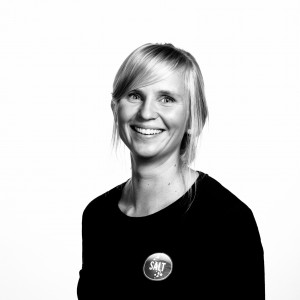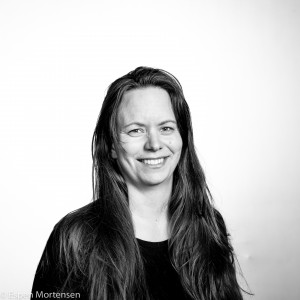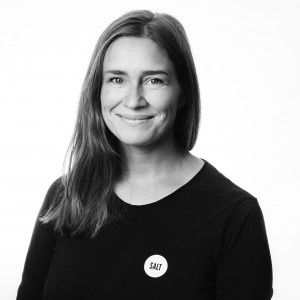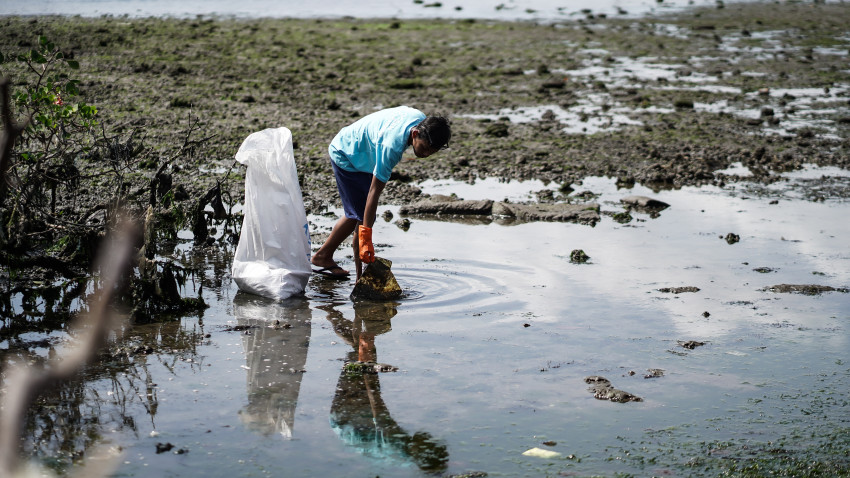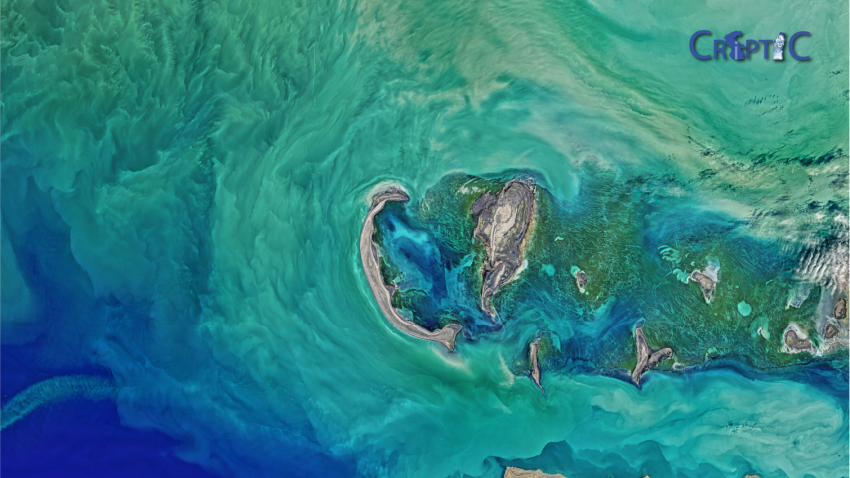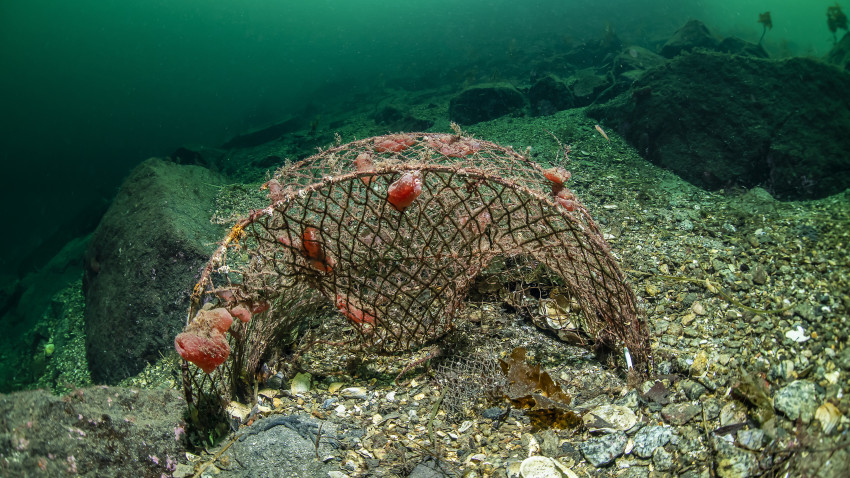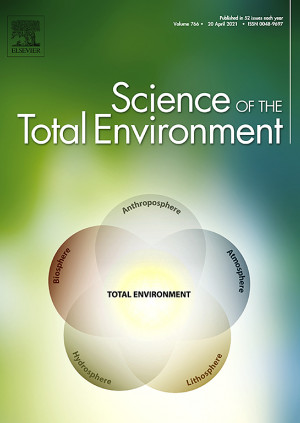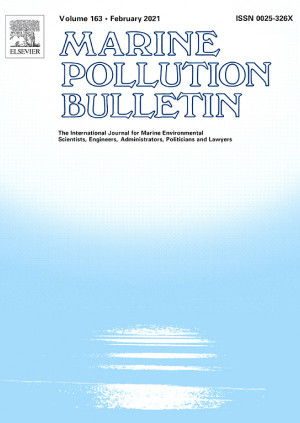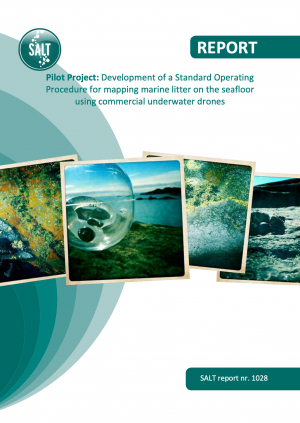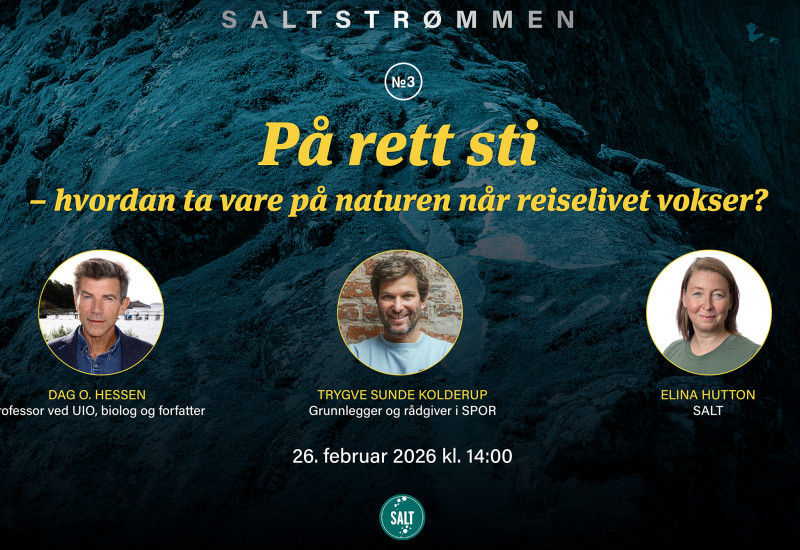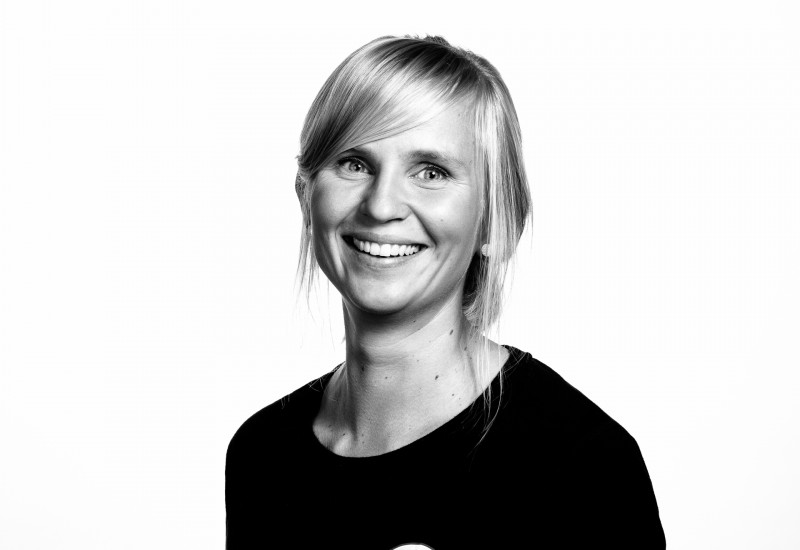Marine Litter
Marine litter is widespread and poses a threat to wildlife in and around the sea, and may also pose a risk to human health. Marine litter has recently gained significant attention and there is now a consensus for action. However, that requires more knowledge and a thorough understanding of this increasing global problem.
SALT maps quantities and transport of marine litter, and we identify sources and causes to litter ending up in nature. The knowledge we build is then transfered into concrete preventative measures or communicated to decisionmakers. We want to contribute to an efficient and knowledge-based monitoring of marine litter, and to be able to track changes over time. SALT also plays an important role in the development of new value chains for marine litter or plastic waste from maritime industries. Last, but not least, SALT is a key player in organising profsessional beach clean-ups in Norway.
Projects
Publications
News
February 26th SALT invites you to the second webinar in our series "SALTstream – Knowledge on the Move". This time with Professor Dag O. Hessen, SPOR gründer Trygve Sunde Kolderup and our very own Elina Hutton as presenters. In the webinar "On the Right Track" we adress the growth in nature-based tourism, and asks: - How to take care of nature as tourism grow? Elinas presentation will be held in English.
Sign up for the webinar here
SALT researcher Vilma Havas is among the contributors to a brand-new academic book published by Routledge this week. The book brings together knowledge generated through the four-year research project Shiftplastics in a single volume. The project, led by Western Norway Research Institute (Vestlandsforsking), has brought together stakeholders from across the entire value chain to identify solutions for improved management of plastic from fisheries and aquaculture.
The book includes contributions from 18 researchers from SINTEF, NIVA, NTNU, Nordlandsforskning, SALT, UiT The Arctic University of Norway, and Vestlandsforsking. SALT has contributed to Chapter 10 of the book, which is aimed at both Norwegian and international audiences.
Read more about the publication here
